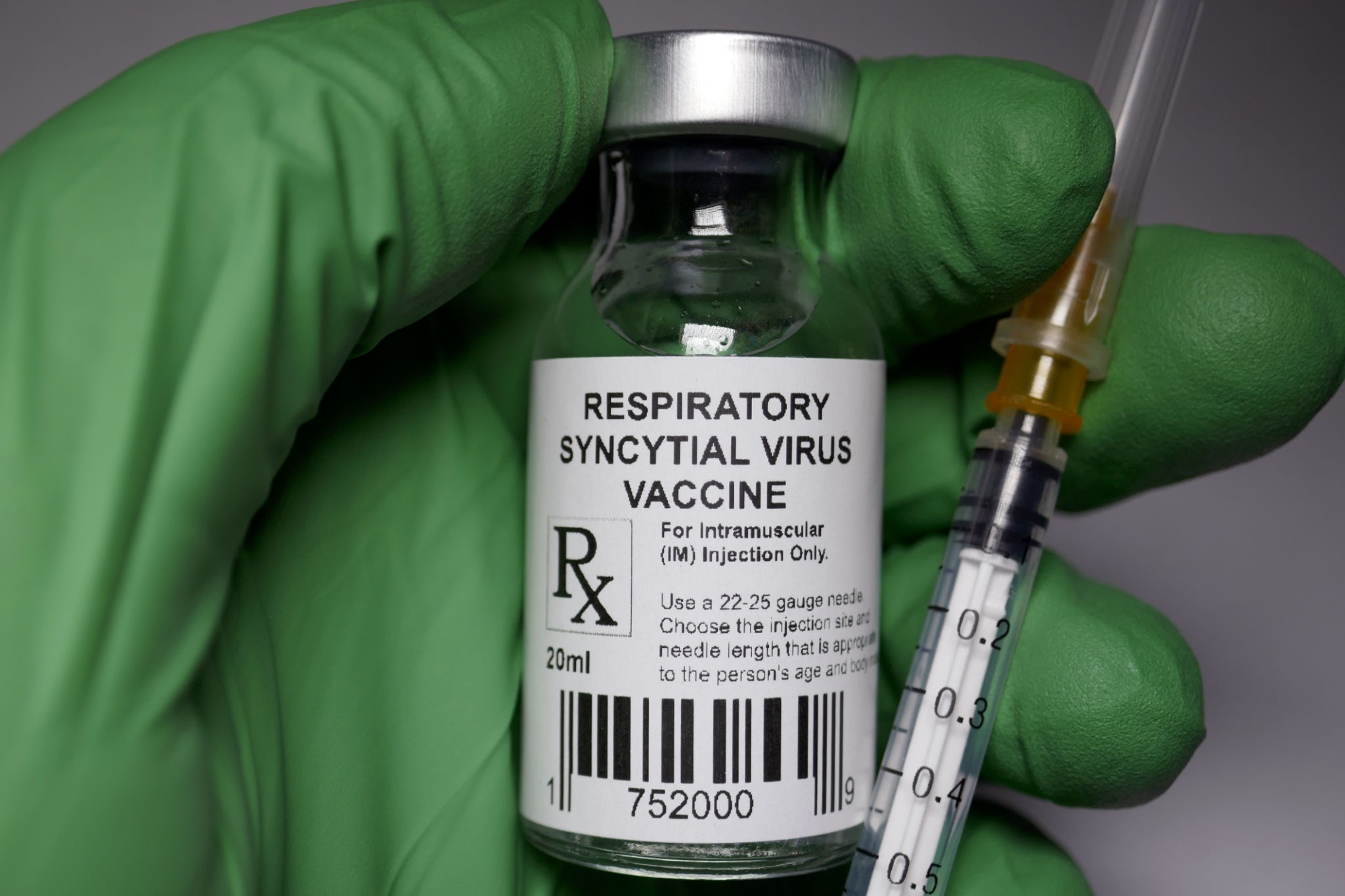Comprehensive Guide to Preventive Healthcare: What Every Patient Should Know
DA
Understanding Preventive Healthcare
Preventive healthcare is a proactive approach to maintaining your health and well-being. Instead of waiting for illness to strike, preventive measures focus on keeping you healthy by detecting potential health issues early and managing them before they become serious. This approach not only enhances your quality of life but can also significantly reduce healthcare costs in the long run.

The Importance of Regular Check-Ups
Regular check-ups are a cornerstone of preventive healthcare. They provide an opportunity for healthcare providers to assess your health status, identify risk factors, and offer tailored advice on lifestyle modifications. During these visits, screenings and tests can detect conditions like hypertension, diabetes, and high cholesterol early when they are most treatable. Early detection is key to successful management and treatment.
Vaccinations: A Critical Component
Vaccinations are another vital element of preventive healthcare. They protect against a variety of infectious diseases, from seasonal flu to more serious conditions like measles and hepatitis. Keeping up-to-date with vaccinations not only safeguards your health but also helps protect the community by preventing outbreaks.

Lifestyle Modifications for Better Health
Adopting a healthy lifestyle is crucial for preventing chronic diseases. This includes maintaining a balanced diet rich in fruits, vegetables, and whole grains, as well as engaging in regular physical activity. Exercise not only helps maintain a healthy weight but also reduces the risk of heart disease, stroke, and certain cancers.
Additionally, avoiding tobacco use and limiting alcohol consumption are essential in reducing the risk of developing various health issues. Stress management techniques like meditation and yoga can also play a significant role in maintaining mental health.

Screenings and Tests You Should Consider
Depending on your age, gender, and family history, certain screenings and tests are recommended to monitor your health. These may include:
- Mammograms and Pap smears for women
- Prostate exams for men
- Colonoscopy for colorectal cancer screening
- Bone density tests for osteoporosis
- Blood pressure and cholesterol checks for cardiovascular health
The Role of Mental Health in Preventive Care
Mental health is an integral part of preventive healthcare. Regular mental health check-ups can help identify issues like anxiety and depression early, allowing for timely intervention. Practices such as mindfulness, counseling, and therapy can effectively manage mental well-being and enhance overall health.

Building a Strong Patient-Doctor Relationship
A strong relationship with your healthcare provider is crucial for effective preventive care. Open communication ensures that your concerns are addressed and that you receive personalized advice tailored to your individual needs. Don't hesitate to ask questions about your health, treatments, or any preventive measures suggested by your doctor.
Taking Charge of Your Health
Ultimately, preventive healthcare is about taking charge of your own health. By staying informed and proactive, you can make decisions that positively impact your well-being. Remember that small changes today can lead to significant improvements in your health tomorrow.
